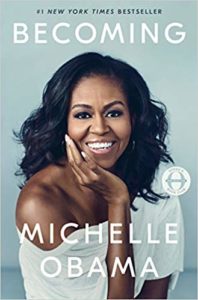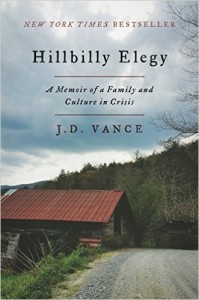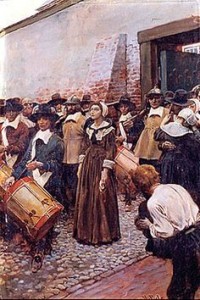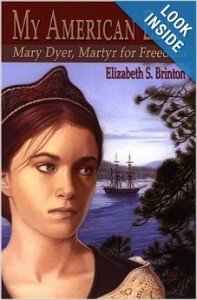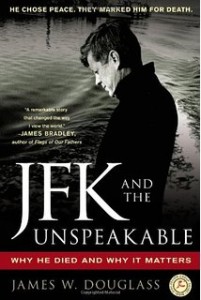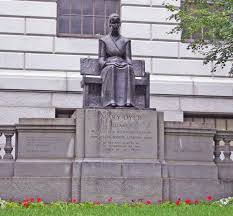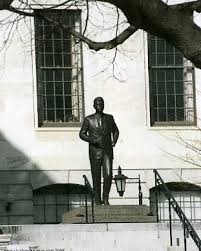A Memoir for our Times
In the midst of my Christmas to-do list, I fell, face first, into Michelle Obama’s Becoming. Page after page fell away as I found myself transfixed. I could not stop reading, and I did not want the book to end. It puzzled me at first, how deeply ensconced I had become, and I wondered how Mrs. Obama had achieved this remarkable feat. After all, I knew the story. We all know her noteworthy climb from the south side of Chicago to the First Lady of the United States. We know the big events of the Obama years, yet the pace of her book felt akin to the most gripping of tales.
For one thing, I realized that I simply loved being in the presence of her thoughts. I loved her strength; it felt like one of those weighted blankets advertised for anxiety-something I would like to try but have yet to experience. By about the third day of reading in every spare moment and into the wee hours of the night, I began to understand that she truly represents the hopes and dreams of all of us. Her story is not one of a girl filled to the brim with stardust; she is more like the friend’s mother or the teacher or the camp counselor or the person somewhere along the line, who tells you how to set about getting where you want to go. She is practical and not afraid nor does she ever seem overwhelmed by the task at hand. To the contrary, she embraces every challenge with the belief that she can get over any hurdle. Her words inspired me and left me feeling very uplifted and optimistic.
Fighting discrimination at every turn makes her heroic in my eyes, but she doesn’t seem to see herself that way. She wrote that she is jokingly referred to as “Joe Public,” by her husband. She likes to stay abreast of popular culture more than she would rather follow the outrageous swings and dips of political fortune. These are the grounding attributes of her character to which we all relate. I, too, have to justify my magazine purchases sometimes, being somewhat of a “Joe Public,” myself. I guess it is worse in my case as I am Joe Public Idaho Housewife- a rarer bird than most these days. She writes of talking about her shoes with the Queen. I ate up every detail. Living in the White House cannot be easy, but she made it sound like fun.
As the pendulum is wont to do, we swung wildly in that dichotomy and living through it has been challenging. Hope springs eternal. That is the message of this beautiful book, but I would be selling it short if I gave readers the impression that this should be shelved in the self-help section. It belongs in the history section, but right up there with those who can articulate it best. She is quite simply, a remarkable writer and with each lively turn of phrase, I see her culture, her life, and her zest for living. I would not hesitate to give this as a gift to anyone: new friends, old friends, young people, older people, lost people, found people, in short everyone. The universal appeal is the book’s greatest strength. President Obama put it at the top of his reading list for 2018, and though I have trouble quantifying the books that I love, it would certainly put it in the top tier.
